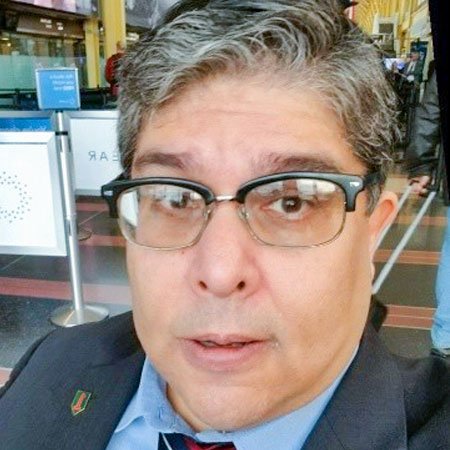With the economy reeling the last thing the nation needs is more regulation. What it can use is less, much less. Regulations and restrictions are a death knell to an economy. At the very least it brings on paralysis.
To expedite matters during the virus crisis, the Trump administration has used executive orders to mandate deregulation in a plethora of fields that could aid with the fight on the virus. Medical equipment, pharmaceuticals, industrial production, medical supplies and technology, supply chains, and a host of other areas where the timeline for deployment was sometimes years was brought to weeks, if not days.
The president commented on Tuesday, “We’ve done far more regulation cutting than any president in history. We had cases where it would take 20 years to build a highway, you had to go through various agencies to get the same permit.”
Acting Office of Management and Budget Director Russ Vought said on the issue, “If a bureaucratic rule needs to be suspended during a time of crisis to help the American people, we should ask ourselves if it makes sense to keep at all. Typically when our country has faced a crisis, Washington responds by grabbing more power. President Trump understands that to get the economy moving, the power needs to be given back to the people and entrepreneur.”
Vought has a cogent point. One of the wonders of the Trump administration during this crisis and in general is its ability to see past the DC clutter and do what is best for this country by using common sense. Given that the president has a highly successful business background, he has brought those skills to the White House and to the policies therein.
But even more important than that is his private sector (as opposed to statist) mentality. As a businessman he has spent his entire life fighting government bureaucracy, red tape, and regulation. He knows what it’s like to have to hold up a project because some government drone bee has an issue with a minuscule and unimportant aspect of it.
He realizes the damage it does not just to business, not just to the economy as a whole, but to individuals who risk their total wealth on a business, or those employed by those businesses, when a stoppage or delay to a project occurs. At that point the statist drone goes back to their office. They leave entrepreneurs and employees to clean up their mess.
What he has done as president is to try to bring the knowledge of the potential negative effects of overregulation to the DC scene. DC is a city and a culture that loves regulations, edicts, and mandates of any sort. Why? Because it takes whole armies of bureaucrats to design and execute those orders. Thus new regulations are an employment service for DC statists and those who benefit from the regulations—in and out of the public sector.
This is not a method of operating that is good for the country and certainly not good for business in this time of crisis. The president is right to seek to reduce the burden on business and keep it off.

Join the Discussion
COMMENTS POLICY: We have no tolerance for messages of violence, racism, vulgarity, obscenity or other such discourteous behavior. Thank you for contributing to a respectful and useful online dialogue.